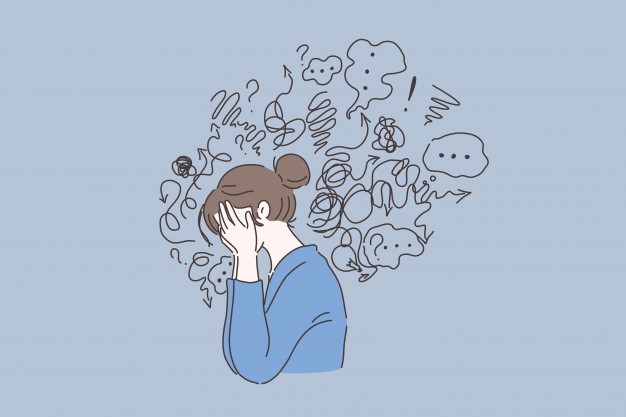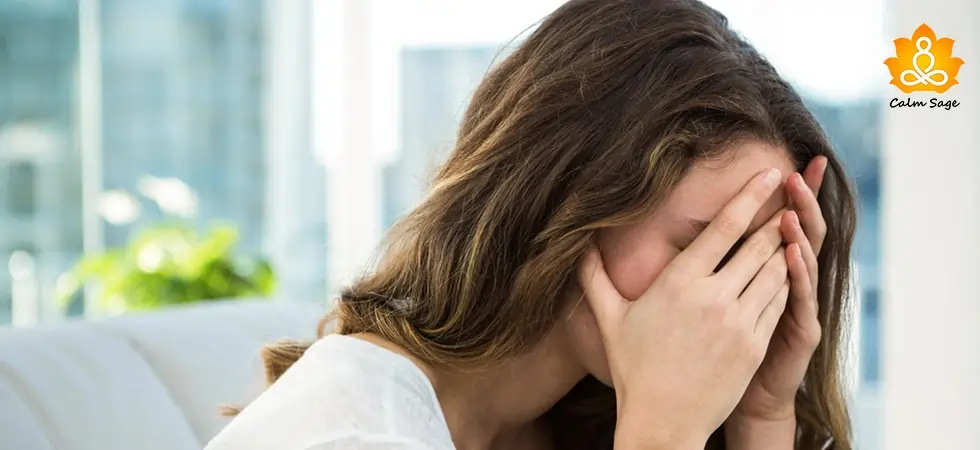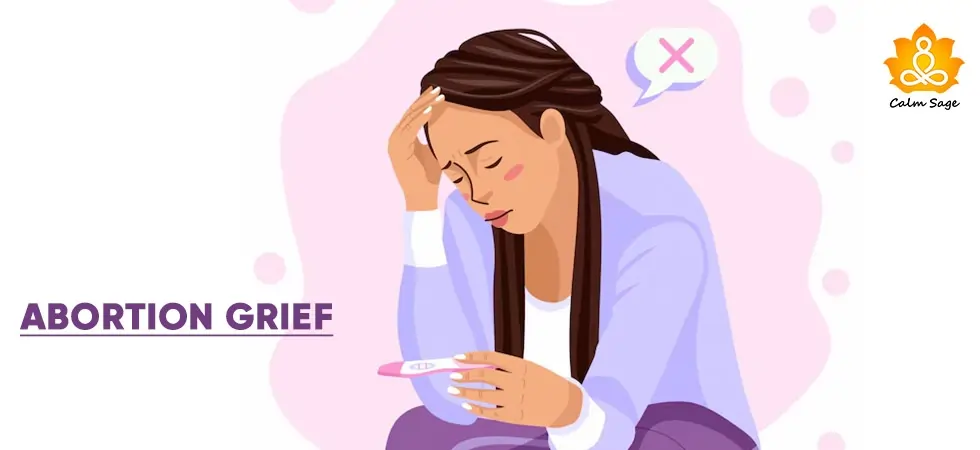Endogenous & Exogenous Depression: Signs, Symptoms, And Treatment
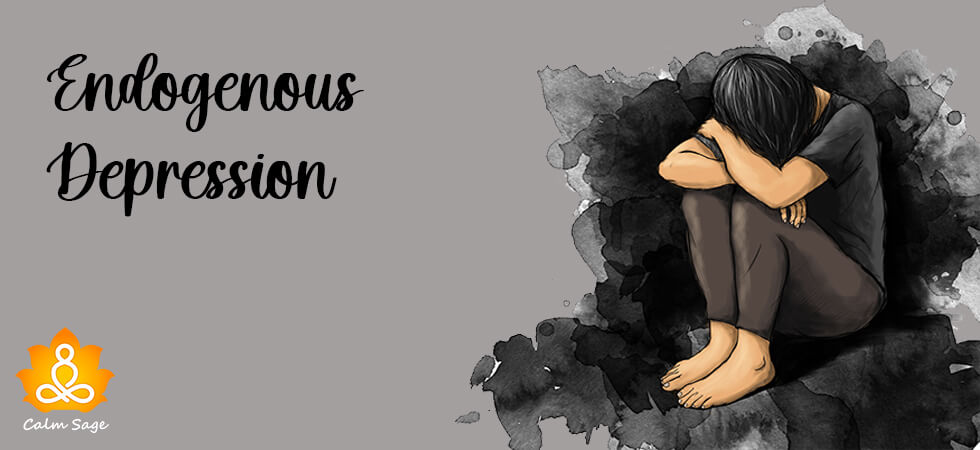
For years the debate that is depression an outcome of genetics or external factors has been a focus for mental health experts. A few years back, the diagnosis was guided by the source of depression.
If someone in family history had depression it was classified as endogenous depression. But if the external factors lead to depression it was referred to as, exogenous depression.
Wondering, what is the difference between endogenous and exogenous depression? Keep reading this blog to learn about endogenous depression vs. exogenous depression.
Although with time this concept faded up, findings suggested that by and large the symptoms, treatment, and impact of either of the diagnosis is the same, it was classified under Major Depressive Disorder only. However, understanding these two types of depression (Endogenous and Exogenous Depression) is still preferred, as it further aids in treatment.
So let us understand Endogenous and Exogenous Depression in detail.
Endogenous Depression: My Feelings Are Not Happy
What Is Endogenous Depression
Endogenous depression is a type of Major Depressive Disorder (MDD). Generally, it is diagnosed as MDD (clinical depression), instead of as a distinct disorder.
Symptoms of Endogenous Depression
Unlike reactive depression, the symptoms of endogenous depression can start showing up suddenly without any explainable reason. The way an individual shows these symptoms differ drastically.
The symptoms of endogenous depression are similar to those of MDD. This includes Below are some common symptoms of endogenous depression:
- Fatigue
- Lack of motivation.
- Difficulty concentrating, making decisions, and thinking clearly.
- Persistent feeling of sadness or hopelessness.
- Frequent headaches and muscle aches.
- Change in the sleeping and eating patterns.
- Prefer being alone.
- Thoughts of self-harm.
- Low mood most of the day.
- Agitation and irritability.
Treatment of Endogenous Depression
The best treatment approach for endogenous depression is a combination of medication and therapy. The therapies that are found to work exceptionally well for endogenous depression are:
- Cognitive Behaviour Therapy (CBT)
- Interpersonal Therapy (IPT)
- Electroconvulsive Therapy (ECT)
Management of Endogenous Depression
Certain lifestyle changes and adjustments are found to bring relief in symptoms of endogenous depression. Often a therapist will also suggest you incorporate these changes in your life. This includes changes like:
- Go out and get involved in some physical activity. It could be yoga, hiking, biking, or gym.
- Start journaling your thoughts.
- Get proper sleep to recharge yourself.
- Connect with your loved ones and spend time with them.
- Make sure that you are having a healthy diet.
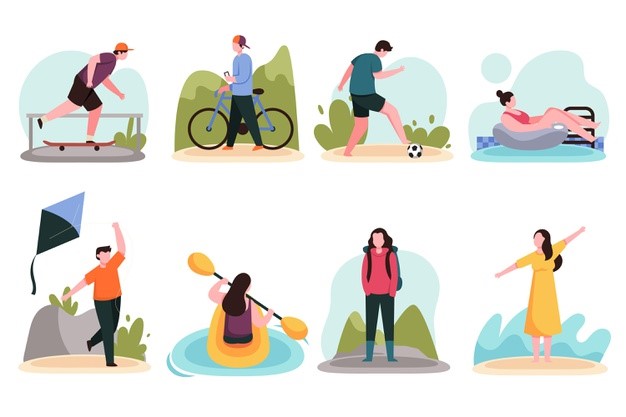
Exogenous Depression: The World Outside is Not A Happy Place
What Is Exogenous Depression?
Exogenous depression is triggered by external traumatic life events. This form of depression is also known as reactive or situational depression.
It does feel more or less like endogenous depression, it is just that the symptoms show after a stressful event. To know more about Exogenous depression, you can read here.
The major difference between exogenous depression and endogenous depression is that it does not always show any type of physical symptoms like difficulty in sleeping or changes in appetite.
Causes of Exogenous Depression
Exogenous depression is basically caused by an external stressor like getting divorced, loss of a loved one, losing your job, and more. this type of depression is basically experienced by those who have recently witnessed or experienced any type of traumatic event which develops symptoms of depression. The causes are basically related to exposure.
Symptoms of Exogenous Depression
The similarity between exogenous and endogenous depression is that can feel or look more alike. The symptoms of exogenous depression can come after happening of something unexpected in a person’s life. like, if you or your loved one is continuously feeling sad after the sudden demise of a loved one, it can lead to exogenous depression.
Overall, exogenous depression can make the world a sad and dark place to live in because it is what happening around you instead of happening within you.
Treatment options for Exogenous Depression
The best treatment approach for exogenous depression is a combination of medication and therapy. The therapies that are found to work exceptionally well for exogenous depression are
- Cognitive Behaviour Therapy (CBT)
- Interpersonal Therapy (IPT)
- Electroconvulsive Therapy (ECT)
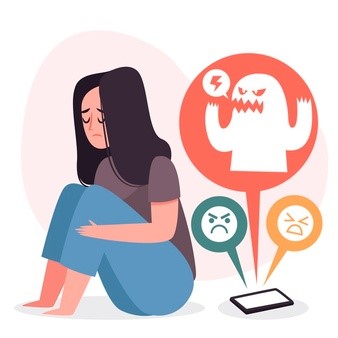
Special Section: Endogenous Depression vs Exogenous Depression
Difference Between Endogenous And Exogenous Depression
The need of differentiating depression as endogenous and exogenous stems from the old belief that each depression needs a specific treatment. But with changing times the boundaries between endogenous vs exogenous depression faded away. Even the symptoms of both kinds of depression are more and less the same.
| Factor | Endogenous Depression | Exogenous Depression |
| Origin | Endo (Latin): From Within. | Exo (Latin): From Without. |
| Meaning | When someone’s depression is a result of internal causes (like genetics). | When the symptoms of depression result from external sources (like a stressful or traumatic event). |
| Other Names | Clinical Depression or Major Depressive Disorder or Biological Depression. | Reactive or Situational Depression. |
| Treatment | The medication works best here. | Therapy is the preferred course of treatment here. |
| Range of Symptoms | Wide. | Narrow. |
To put it in a nutshell, depression be it endogenous (genetical) or exogenous (situational), causes distress in an individual’s daily functioning, emotions, and thinking. That is why it becomes crucial to contact a mental health professional and seek treatment.

